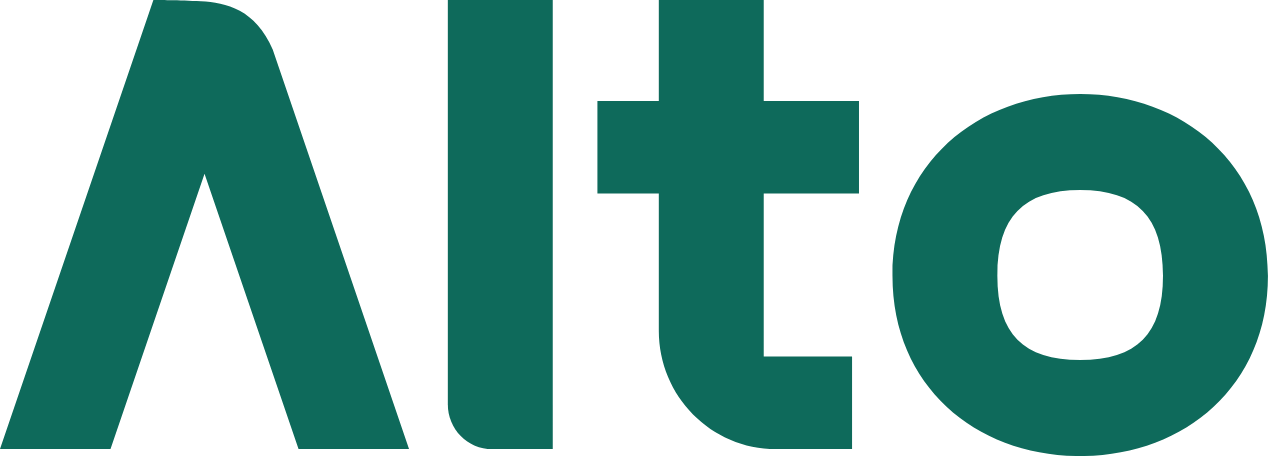What is an SDIRA?
A self-directed individual retirement account (SDIRA) is a specialized type of IRA that gives account holders greater control over their investment choices with more diversified and unconventional investment strategies.
Unlike traditional IRAs, SDIRAs allow investors to choose from a broader range of assets beyond stocks and bonds, including private market alternatives like private real estate, private equity, commodities, and more.
With the flexibility of an SDIRA, individuals are given increased autonomy. However, this also requires more responsible individual management for compliance with tax requirements and good-sense investment strategy.
SDIRAs maintain specific rules to retain their tax-advantaged status, as governed by the Internal Revenue Service (IRS). For example:
- SDIRAs often require a qualified custodian to hold and manage the assets, and this custodian must comply with IRS regulations.
- SDIRAs are prohibited from engaging in certain transactions with disqualified persons, including the account holder, family members, and certain business entities.
- All transactions conducted by the SDIRA must be “at arm’s length.” This means that they should be conducted as though the involved parties are independent.
- It’s crucial to keep proper documentation of all transactions and investments within the SDIRA. Failing to maintain accurate records may result in an IRS audit or trigger tax consequences.
- SDIRAs must also adhere to IRS distribution rules, which include minimum distribution requirements after a certain age to preserve the tax-deferred nature of the account.
Deviation from these rules may jeopardize the tax advantages associated with SDIRA retirement accounts and result in tax liabilities and penalties.
